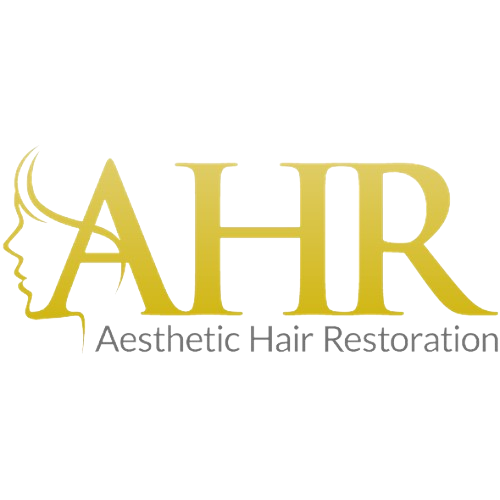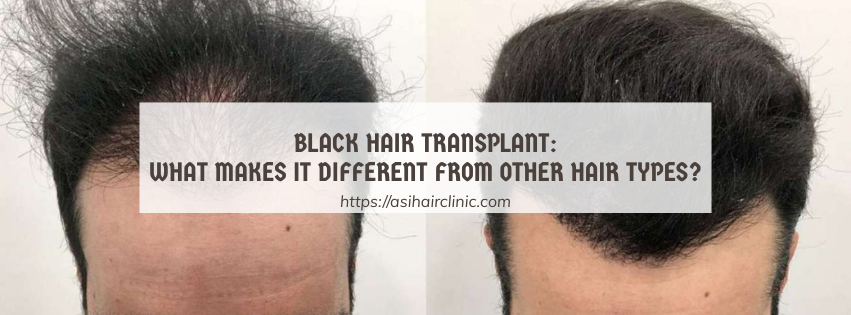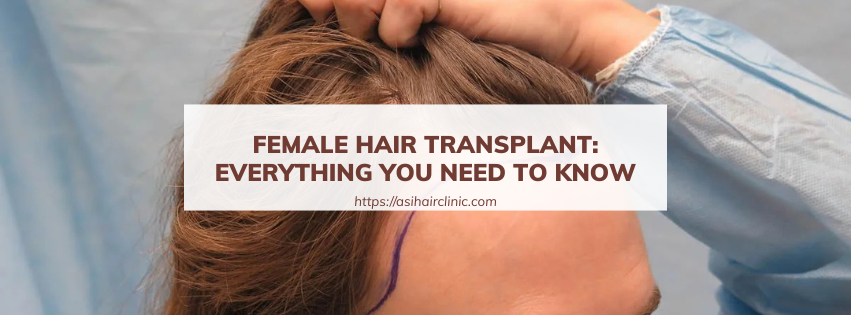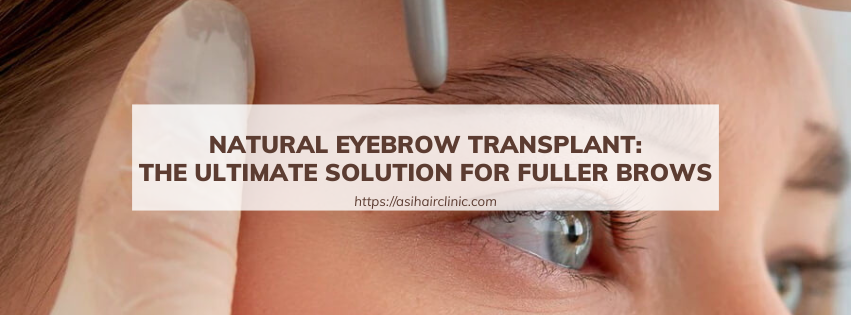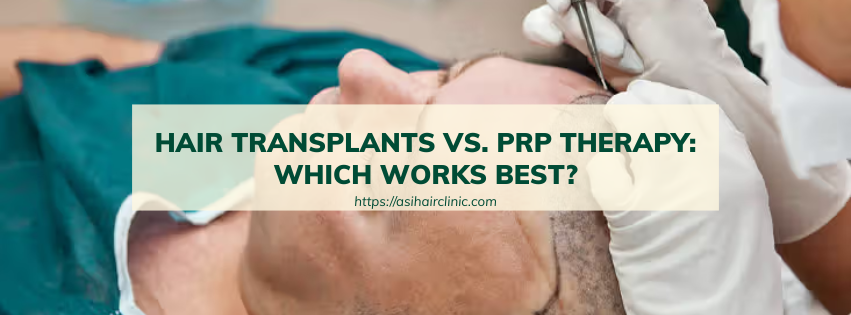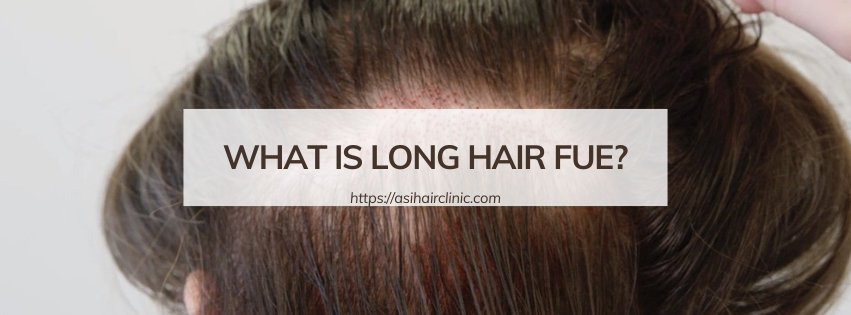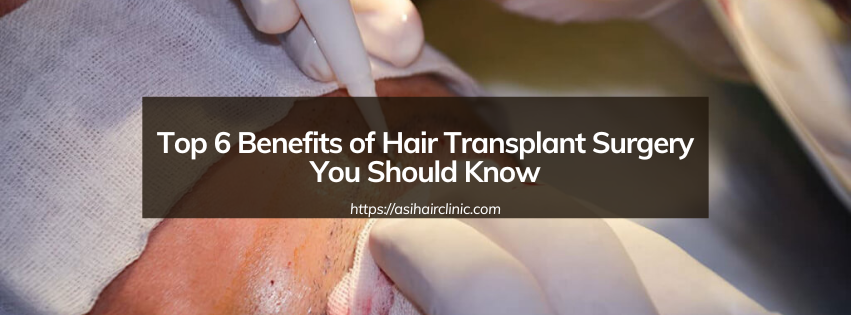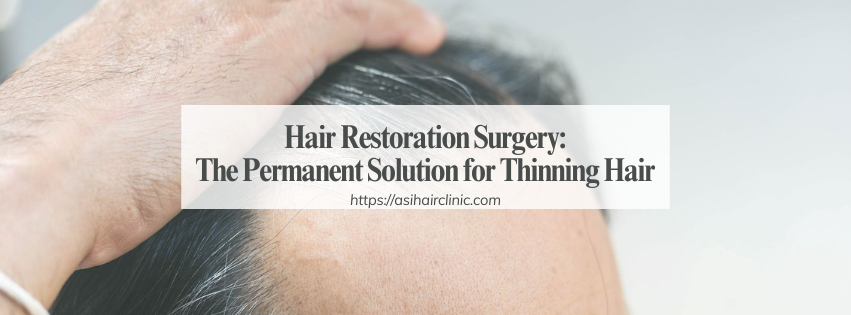7 Vitamins for Hair Loss: How Effective Are They?
Hair loss is a common concern that affects millions of people worldwide. While there are numerous factors that can contribute to hair thinning and shedding, nutritional deficiencies are often overlooked. This article delves into the role of seven key vitamins in supporting healthy hair growth and explores the effectiveness of supplementing with these nutrients.
1. Understanding Hair Growth and Nutritional Needs
Hair growth occurs in cycles, with each strand going through three distinct phases:
- Anagen Phase: The anagen phase is the active growth phase, lasting several years. During this time, hair follicles produce new cells, which push older cells out, resulting in hair growth. The duration of this phase varies from person to person, influenced by genetics and overall health.
- Catagen Phase: The catagen phase is a transitional phase where hair growth slows down. This phase typically lasts a few weeks, during which the hair follicle shrinks and detaches from the dermal papilla, the structure that supplies nutrients to the hair.
- Telogen Phase: The telogen phase is the resting phase, where the hair follicle shrinks further, and the hair shaft detaches. Eventually, the hair sheds, making way for new growth. A healthy diet provides the building blocks for hair growth, including proteins, essential fatty acids, and vitamins. However, dietary deficiencies can disrupt these cycles and lead to hair thinning or loss.
2. Vitamins Vital for Hair Growth
Vitamins play a critical role in maintaining healthy hair. Below, we explore seven essential vitamins and their impact on hair growth.
2.1. Vitamins for Hair Loss - Biotin (Vitamin B7)
- Role in Hair Growth: Biotin, also known as vitamin B7, plays a crucial role in keratin production. Keratin is a protein that forms the structural component of hair, nails, and skin. Biotin deficiency can lead to brittle hair, hair loss, and thinning. Many hair care products boast biotin as a key ingredient, highlighting its importance in promoting hair health.
- Effectiveness: While biotin supplementation has been linked to improved hair growth in some studies, its overall effectiveness is still subject to debate. Some studies show that biotin alone may not be sufficient to address significant hair loss. Instead, it may work best in conjunction with other vitamins and minerals that support hair health.
- Recommended Daily Intake: The recommended daily intake of biotin is 30 mcg for adults. It's important to note that most individuals obtain enough biotin through a balanced diet rich in whole grains, eggs, nuts, and legumes.
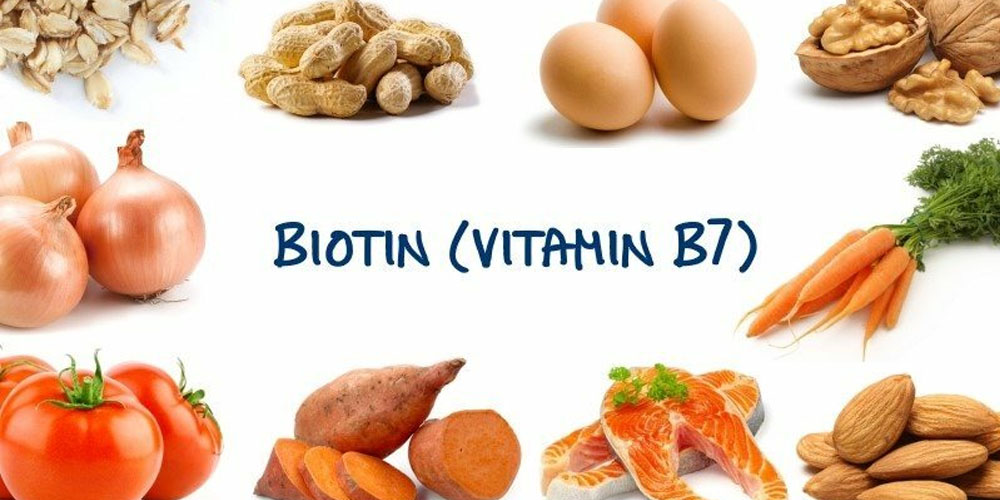
2.2. Vitamin D
- Role in Hair Growth: Vitamin D is essential for cell growth and differentiation, including hair follicles. Research suggests that vitamin D deficiency may contribute to hair loss, particularly in individuals with alopecia areata, an autoimmune condition characterized by sudden hair loss.
- Effectiveness: Limited studies suggest that vitamin D supplementation may be beneficial for hair growth in people with vitamin D deficiency. However, more research is needed to determine its effectiveness for other types of hair loss. Ensuring adequate sun exposure and consuming foods rich in vitamin D, such as fatty fish and fortified dairy products, can help maintain optimal levels.
- Recommended Daily Intake: The recommended daily intake of vitamin D is 600 IU (15 mcg) for adults up to 70 years old, and 800 IU (20 mcg) for adults over 70. Regular monitoring of vitamin D levels can help identify deficiencies and guide supplementation.
2.3. Vitamin E
- Role in Hair Growth: Vitamin E is a powerful antioxidant that protects hair follicles from damage caused by free radicals. It also improves blood circulation to the scalp, promoting hair growth. By neutralizing oxidative stress, vitamin E helps create a healthier environment for hair follicles to thrive.
- Effectiveness: Studies have shown that topical application of vitamin E can enhance hair growth and reduce hair loss. However, the effectiveness of oral supplements is less clear. Incorporating vitamin E-rich foods, such as nuts, seeds, and green leafy vegetables, into your diet can provide natural sources of this nutrient.
- Recommended Daily Intake: The recommended daily intake of vitamin E is 15 mg for adults. For those considering supplementation, it's essential to consult with a healthcare professional to determine the appropriate dosage.
2.4. Zinc
- Role in Hair Growth: Zinc is essential for cell division and repair. It plays a vital role in the production of collagen, a protein crucial for hair growth and strength. Zinc deficiency can lead to hair loss, brittle hair, and impaired wound healing, affecting the overall health of hair follicles.
- Effectiveness: Some studies suggest that zinc supplementation may improve hair growth and reduce hair loss in people with zinc deficiency. However, more research is needed to confirm its effectiveness for all types of hair loss. Foods high in zinc, such as oysters, beef, and pumpkin seeds, can help maintain adequate levels.
- Recommended Daily Intake: The recommended daily intake of zinc is 11 mg for men and 8 mg for women. It's important to balance zinc intake, as excessive supplementation can lead to adverse effects.

2.5. Iron
- Role in Hair Growth: Iron is a key component of hemoglobin, which carries oxygen to the hair follicles. Iron deficiency, or anemia, can lead to hair shedding and thinning. Adequate iron levels are crucial for maintaining healthy hair growth and preventing hair loss.
- Effectiveness: Iron supplementation may improve hair growth in individuals with iron deficiency anemia. However, it may not be effective for other types of hair loss. Consuming iron-rich foods, such as red meat, beans, and spinach, can help prevent deficiencies.
- Recommended Daily Intake: The recommended daily intake of iron is 8 mg for men and 18 mg for women. Regular blood tests can help monitor iron levels and guide supplementation if necessary.
2.6. Vitamin B12
- Role in Hair Growth: Vitamin B12 is essential for cell division and red blood cell production, both of which are crucial for healthy hair growth. Vitamin B12 deficiency can lead to hair loss, particularly in individuals with pernicious anemia, a condition that affects the body's ability to absorb this vital nutrient.
- Effectiveness: Limited research suggests that supplementation with vitamin B12 may benefit hair growth in individuals with deficiency. However, more studies are needed to confirm its efficacy. Including foods rich in vitamin B12, such as meat, dairy, and fortified cereals, can help maintain adequate levels.
- Recommended Daily Intake: The recommended daily intake of vitamin B12 is 2.4 mcg for adults. Vegetarians and vegans may need to consider fortified foods or supplements to ensure they meet their B12 needs.
2.7. Niacin (Vitamin B3)
- Role in Hair Growth: Niacin, or vitamin B3, is involved in blood flow regulation and cell growth, both of which are crucial for healthy hair growth. Adequate niacin levels help ensure that hair follicles receive the necessary nutrients and oxygen for optimal functioning.
- Effectiveness: Research on the effectiveness of niacin for hair loss is limited. There is some evidence that niacin may promote hair growth in individuals with niacin deficiency. However, more studies are necessary to confirm its benefits. Foods rich in niacin, such as poultry, fish, and whole grains, can help maintain adequate levels.
- Recommended Daily Intake: The recommended daily intake of niacin is 16 mg for men and 14 mg for women. As with other vitamins, it's essential to consult with a healthcare professional before starting any supplementation.
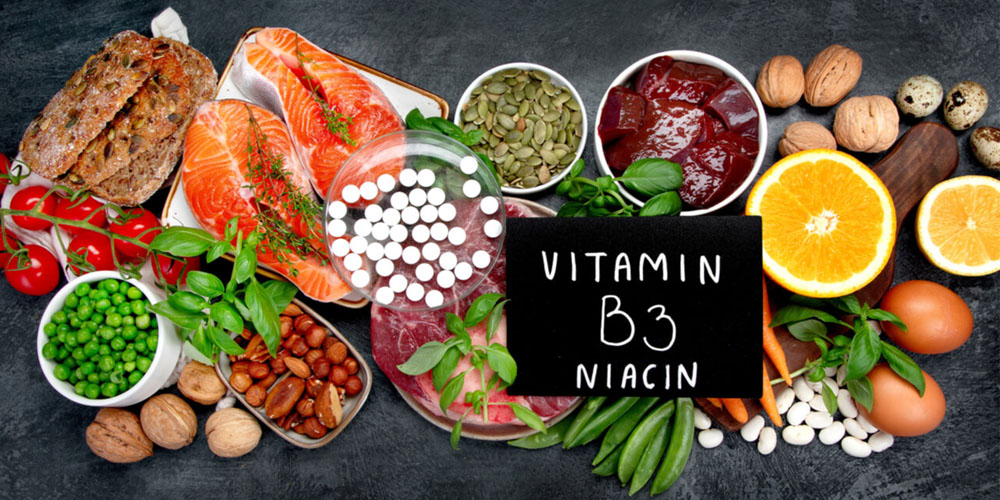
3. Important Considerations
- Underlying Medical Conditions: It's essential to consult a healthcare professional to determine the underlying cause of hair loss and rule out any medical conditions. Hormonal imbalances, thyroid disorders, and autoimmune diseases can significantly impact hair health. Identifying and addressing these issues is crucial for effective treatment.
- Dosage and Duration: The appropriate dosage and duration of vitamin supplementation should be determined by a healthcare provider based on individual needs. Self-prescribing vitamins can lead to imbalances and potential side effects. Regular check-ups can help monitor progress and adjust dosages as needed.
- Potential Side Effects: Some vitamins can interact with medications or have potential side effects. For example, excessive vitamin A can lead to toxicity, while high doses of vitamin E may increase bleeding risk. It's important to discuss any potential risks with a healthcare professional before starting supplementation.
Conclusion
While specific vitamins can play a supporting role in healthy hair growth, it's crucial to understand that they are not a guaranteed cure for hair loss. Lifestyle factors, such as diet, stress levels, and hormonal imbalances, also play a significant role. For optimal hair health, it's best to focus on a balanced diet rich in essential nutrients, manage stress levels, and maintain a healthy lifestyle. If you are experiencing significant hair loss, it's essential to consult a dermatologist or trichologist to determine the underlying cause and discuss appropriate treatment options.
LATEST POSTS
